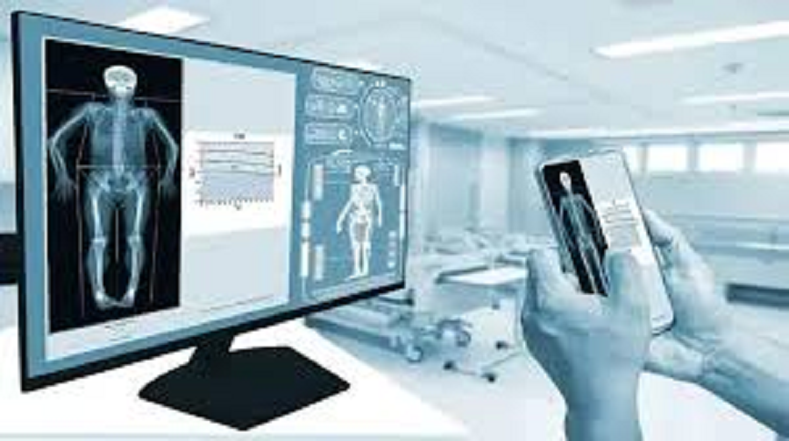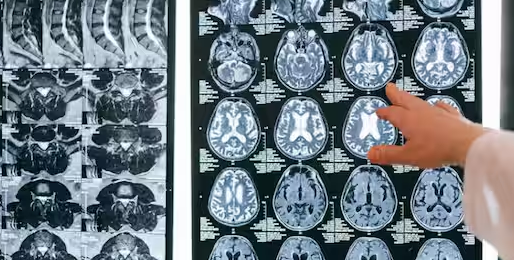Which tests are most important for checking bones? Complete information from BMD to X-ray
- bySherya
- 08 Jul, 2025

Lack of calcium or vitamin D, poor lifestyle, increased consumption of alcohol and smoking, increasing age and hormonal changes and no exercise are weakening your bones. Get the tests mentioned in this article done in time, so that problems like fractures do not occur. Orthopedic Dr. Sankalp Jaiswal has told about this.

Bone Test: Our bones give shape to the body, protect the organs and support movement. But sometimes the bones gradually start weakening and we do not even realize it. People ignore it until problems like pain, stiffness or fracture appear. Weakening of bones is not just an age-related problem, but it also depends on your diet, lifestyle and hormonal changes.
Our bones are the framework of the body, which not only keeps us standing, but also helps in the protection of organs and movement of the body. But due to aging, lack of nutrition or hormonal changes, bones can become weak, which can cause fractures, osteoporosis or joint problems. In such a situation, it is very important to get the bones checked from time to time, so that any disease can be identified in time. Let us know which tests are necessary for the health of bones, Dr. Sankalp Jaiswal of the Orthopedic Department at Kailash Hospital in Greater Noida has told about this.
1 BMD Test (Bone Mineral Density Test)
This is the most important and common test to measure bone strength. DEXA (Dual-Energy X-ray Absorptiometry) is a special X-ray technique that measures how much calcium and minerals are present in your bones. This test is done for early detection of osteoporosis (weakening of bones). It is mainly done on the bones of the hips, spine and wrist. After the age of 50, especially women should definitely get this test done.
2 X-ray
X-rays are done to see the structure of bones. It is usually done when there is a suspicion of pain, swelling or injury to a bone. It can detect diseases like fracture, joint damage or chronic arthritis.
3 Serum Calcium Test
This blood test determines the level of calcium in your blood. This test is especially done when you have complaints of bone pain, muscle strain or frequent fractures.
4 Vitamin D Test (25-Hydroxy Vitamin D Test)
Vitamin D helps the bones to absorb calcium. If there is a deficiency of vitamin D in the body, the bones become weak and brittle. This is a blood test. Especially in those people who stay away from sunlight or are in old age.
5 Phosphatase and Alkaline Phosphatase Test (ALP Test)
This test is also done from blood and helps to know if there is any weakness in the bones. Alkaline phosphatase is an enzyme related to the growth and breakdown of bones. Its elevation can indicate bone diseases.
6 MRI (Magnetic Resonance Imaging)
MRI is used to investigate problems involving bones as well as muscles, ligaments or deeper within the bones. It gives more detailed images and is especially useful in cases of joint pain or old fractures.
When should this test be done?
Recurrent bone breaks or fractures
For regular bone health checkups after the age of 50
If the doctor suspects osteoporosis or arthritis
Persistent back or joint pain, stiffness, or difficulty walking
show signs of calcium or vitamin D deficiency





